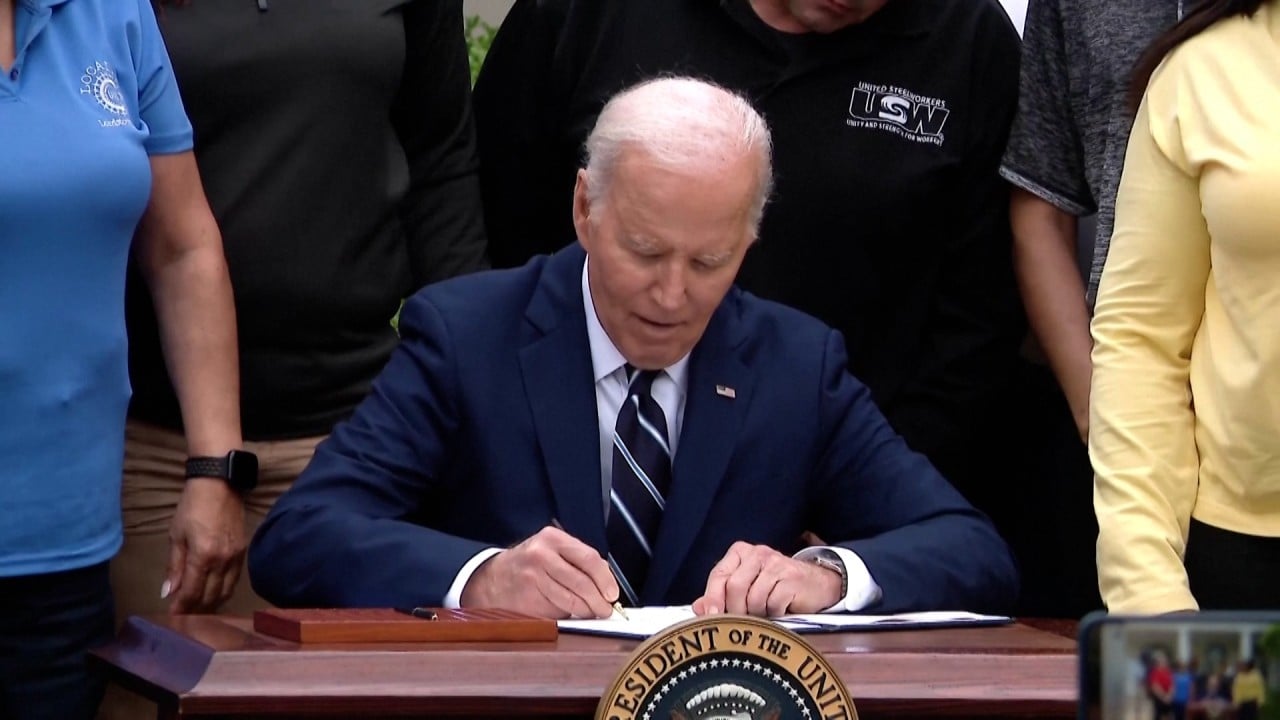China’s Ministry of Commerce had harsh words for the United States on Monday after the latter country announced it would proceed with curbs against hi-tech investments destined for the East Asian powerhouse, complete with an affirmation it reserves “the right to take countermeasures” in response.
The rules, currently in draft form, stand to deepen a six-year-old trade dispute and US curbs against Chinese tech firms. Beijing has frequently accused Washington of trying to slow China’s economic development.
The ministry expressed “severe concern and resolute opposition” in a statement on Monday, adding the US “should respect the rules of a market economy and the principle of fair competition by stopping the politicisation or weaponisation of trade and commerce issues.”
The statement urges the US to cancel its proposed rules and improve economic relations with China.
US pursuit of the rules “pressures the normal development of China’s industry” while impacting cooperation between companies on both sides, “undermining” international trade and “disrupting the security and stability” of world supply chains, the ministry said.
The statement collectively named mainland China, Hong Kong and Macau as one such country because it is either “exploiting” or “has the ability to exploit” certain US outbound investments.
US rules proposed on Friday would prohibit some transactions in certain technologies and products that “pose a particularly acute national security threat to the United States”, or require that the Treasury be first notified of the transactions.
“President Biden is … taking action to prevent the exploitation of US outbound investments by countries of concern seeking to develop sensitive technologies or products that are critical to the next generation of military, intelligence, surveillance or cyber-enabled capabilities that pose national security risks to the United States,” the Treasury statement read.
The Treasury is inviting public comments on the draft rules through August 4, which will be followed by binding regulations at a later date.
Andy Xie, an independent economist based in Shanghai, expressed doubt over whether Beijing has specific countermeasures in mind. Some, he said, could run against China’s stated agenda to keep global trade “as open as possible”.
China invests relatively little in technology in the United States, he added, so it would do little good to write its own version of the US Treasury rules.
“The Chinese government will always say something when the US government says it will do something,” Xie said, but “China does not want or have a vicious spiral.”


